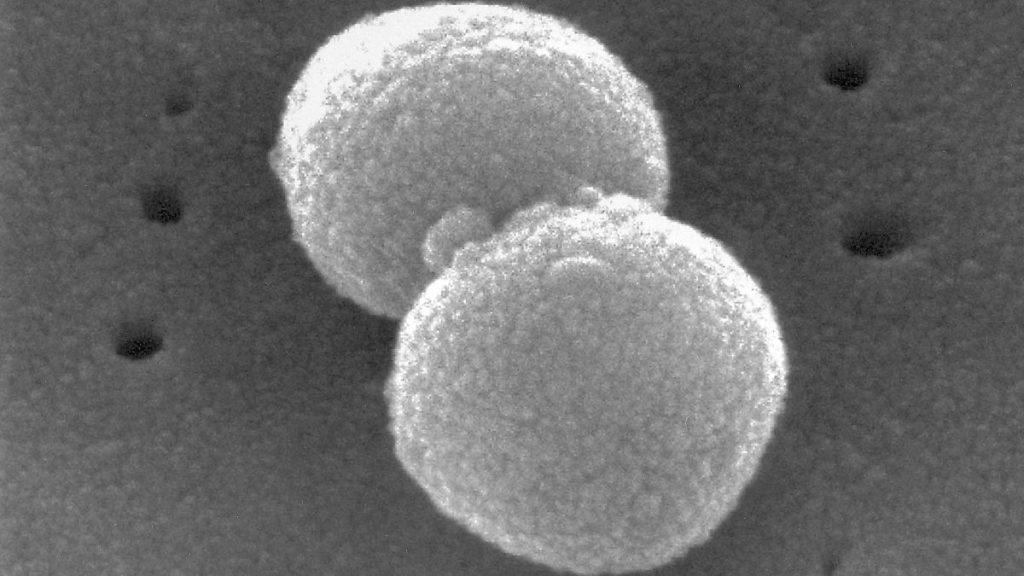Pneumonia, an inflammatory condition affecting the lungs, poses a significant health risk, particularly for vulnerable populations. This respiratory ailment typically stems from bacterial or viral infections, spreading through person-to-person contact similar to the common cold. While most individuals recover within a few weeks, infants, the elderly, and those with pre-existing heart or lung conditions face a heightened risk of severe complications, often requiring hospitalization. Understanding the causes, symptoms, treatment options, and preventive measures associated with pneumonia is crucial for effective management and mitigation of its impact.
The infectious nature of pneumonia highlights the importance of recognizing its common causes. Bacterial and viral agents are the primary culprits, with transmission occurring through close proximity to infected individuals. Moreover, pneumonia can develop as a secondary infection in individuals already battling other respiratory illnesses like influenza, respiratory syncytial virus (RSV), or COVID-19. This underscores the interconnectedness of respiratory infections and the potential for one illness to exacerbate another, leading to more severe complications. Therefore, preventive measures against these primary infections play a crucial role in minimizing the risk of developing pneumonia.
Recognizing the symptoms of pneumonia is essential for prompt diagnosis and treatment. Common indicators include persistent coughing, shortness of breath, elevated body temperature, and chest pain. These respiratory symptoms often manifest alongside generalized discomfort, such as aches, pains, fatigue, and loss of appetite. In older adults, pneumonia can also present with confusion, highlighting the importance of considering age-related variations in symptom presentation. Prompt medical attention is crucial upon experiencing these symptoms, especially for individuals within high-risk groups.
Treatment for pneumonia typically involves administering antibiotics to combat the bacterial infection underlying the inflammation. Most patients respond well to this course of treatment and recover within two to four weeks. However, individuals in high-risk categories, including infants, the elderly, and those with pre-existing cardiovascular or lung conditions, often require more intensive care. Hospitalization may be necessary to administer fluids and intravenous antibiotics, ensuring optimal delivery and effectiveness of the treatment. Supplemental oxygen may also be provided to alleviate breathing difficulties and support respiratory function.
Preventive measures play a vital role in mitigating the risk of pneumonia, particularly for vulnerable populations. Vaccination against common respiratory infections, including COVID-19, RSV, and influenza, is highly recommended. These vaccines help protect against the primary infections that can predispose individuals to developing pneumonia. Furthermore, the pneumococcal vaccine offers direct protection against pneumococcal pneumonia, a common and potentially severe form of the disease. This vaccine also confers protection against other serious illnesses like meningitis and sepsis, further highlighting its importance in safeguarding public health.
The significant impact of pneumonia on public health is evident in the substantial number of fatalities attributed to the disease annually. In Europe alone, pneumonia claims the lives of thousands of individuals each year, underscoring the need for continued efforts in prevention, diagnosis, and treatment. The case of former European Parliament President David Sassoli exemplifies the severe complications pneumonia can cause, even in individuals who might not fall into traditionally high-risk categories. His hospitalization and subsequent death due to pneumonia-related complications highlight the potential severity of this respiratory illness and the importance of vigilance in recognizing and managing its symptoms. Continued research and public health initiatives are essential to improve outcomes and reduce the burden of pneumonia on individuals and communities worldwide.














